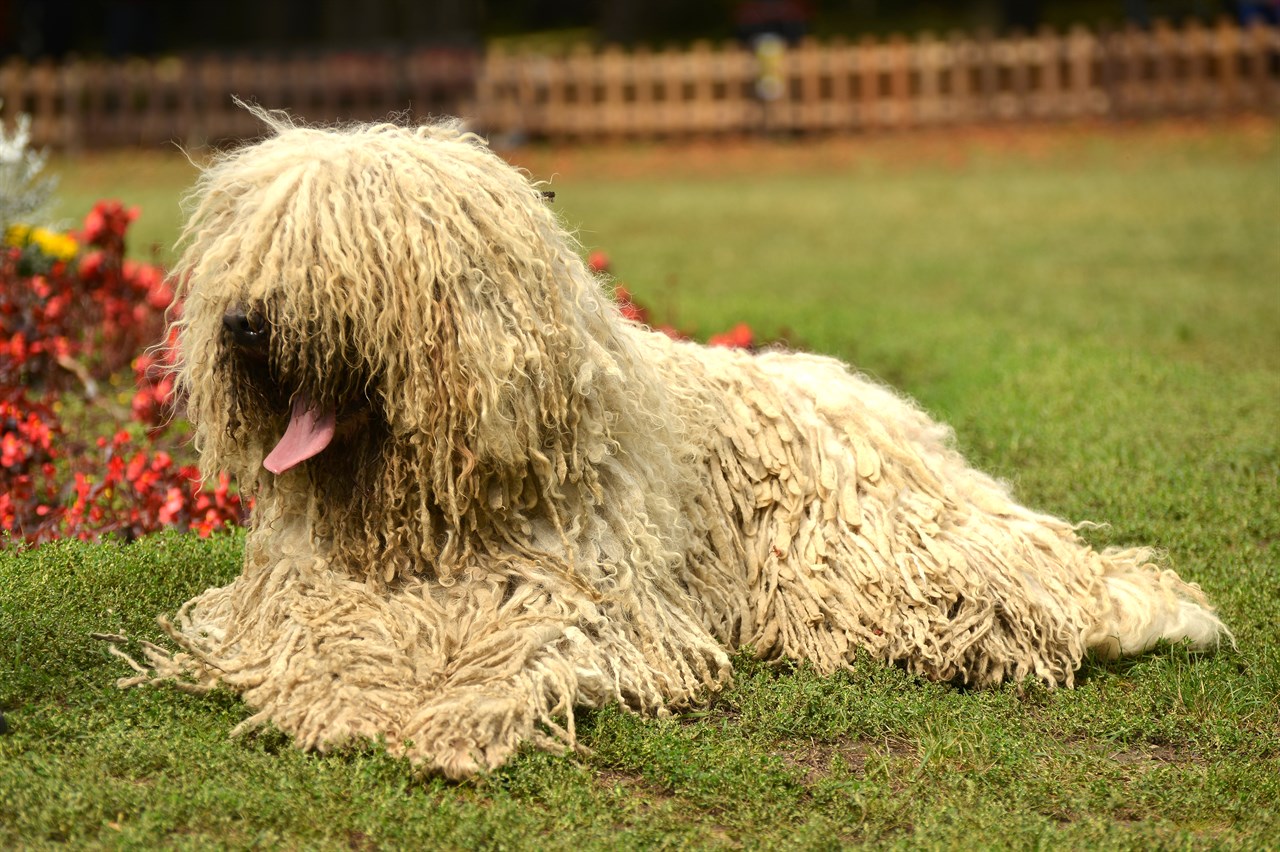Common Health Issues of the Komondor

The Komondor is generally a healthy and robust breed, but like all dogs, they can be prone to certain health issues. Responsible breeding practises can help reduce the risk of these conditions, but it's essential for potential owners to be aware of these common health concerns when considering the breed.
Hip Dysplasia
Hip dysplasia is a genetic condition where the hip joint doesn't develop correctly, leading to arthritis and pain. It is common in many large and giant breeds, including the Komondor. Responsible breeders screen their breeding dogs for hip dysplasia to reduce the risk of passing it on to offspring. Symptoms may include limping, difficulty getting up, and decreased activity.
Bloat (Gastric Torsion)
Bloat is a life-threatening condition more common in deep-chested breeds like the Komondor. It occurs when the stomach fills with gas, twists on itself, and traps blood flow. Symptoms include a distended abdomen, restlessness, pacing, and unsuccessful attempts to vomit. Bloat requires immediate veterinary attention.
Eye Conditions
Komondors can be prone to various eye issues, including
- Entropion: Inward rolling of the eyelids, which can cause irritation and discomfort.
- Cataracts: Clouding of the eye's lens, which can affect vision.
- Cherry Eye: A prolapse of the gland of the third eyelid, leading to a red, swollen appearance.
Regular eye examinations by a veterinarian can help detect and address these issues early.
Skin and Coat Problems
The Komondor's unique corded coat requires special care to prevent matting and skin issues. Owners must keep the cords clean, dry, and free from debris. Failure to maintain the coat properly can lead to skin infections or discomfort.
Ear Infections
Like many breeds with floppy ears, Komondors can be prone to ear infections if their ears are not kept clean and dry. Regular ear cleaning and inspections are essential to prevent infections.
Obesity
Komondors are at risk of obesity, especially as they age. Obesity can exacerbate existing joint issues and lead to other health problems. Maintaining a healthy weight through proper diet and regular exercise is crucial.
Bacterial Infections
Due to their thick coat and skin folds, Komondors may be susceptible to bacterial skin infections. Maintaining proper hygiene and keeping their coat dry can help prevent these issues.
Allergies
Some Komondors may develop food allergies or sensitivities, which can manifest as skin problems or gastrointestinal issues. Identifying and eliminating problem ingredients from their diet is essential.
Responsible Breeding
To reduce the risk of genetic health issues, it's crucial to obtain a Komondor from a reputable breeder who conducts health screenings on their breeding dogs. Regular veterinary check-ups, a healthy diet, and maintaining a clean and well-groomed coat are key components of keeping a Komondor in good health.
In conclusion, while the Komondor is generally a healthy breed, they can be prone to specific health issues, some of which are common in large and giant breeds. Responsible breeding practises and attentive care can help minimise these risks and ensure that your Komondor lives a long and healthy life. Regular veterinary check-ups and prompt attention to any health concerns are essential for their well-being.